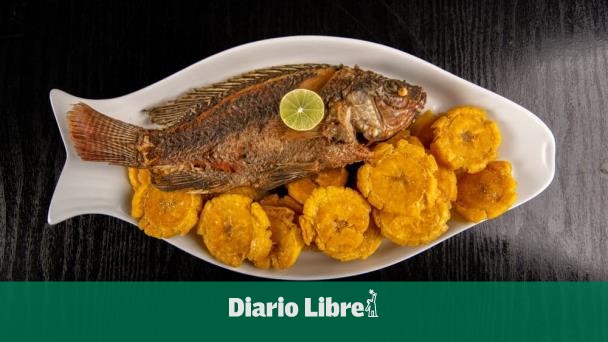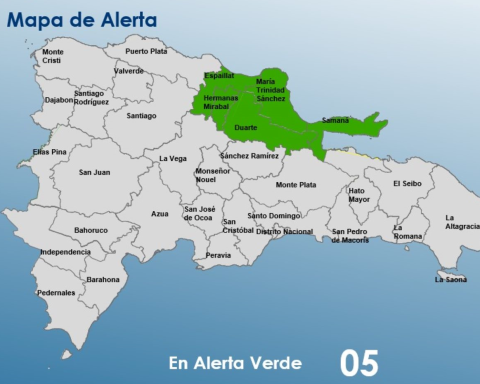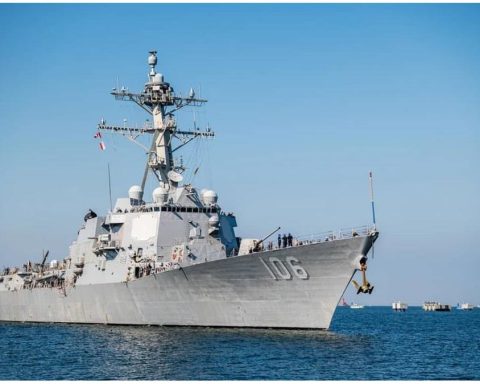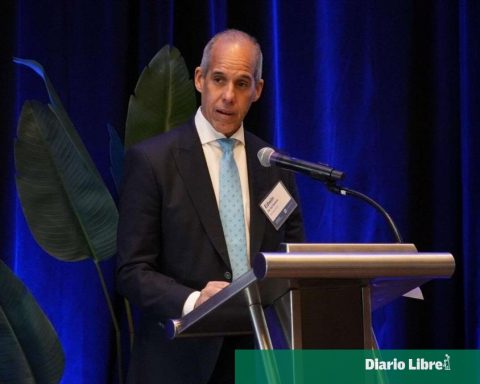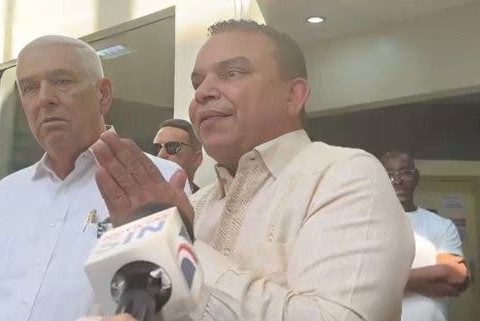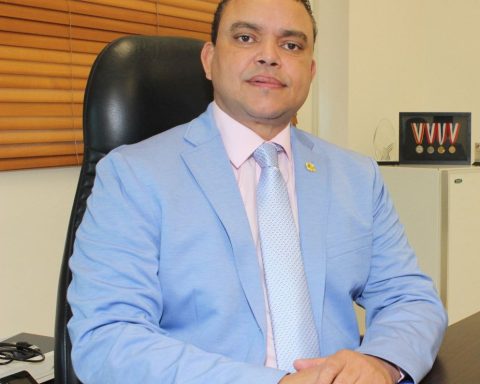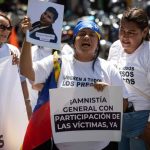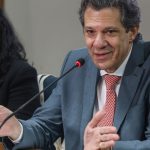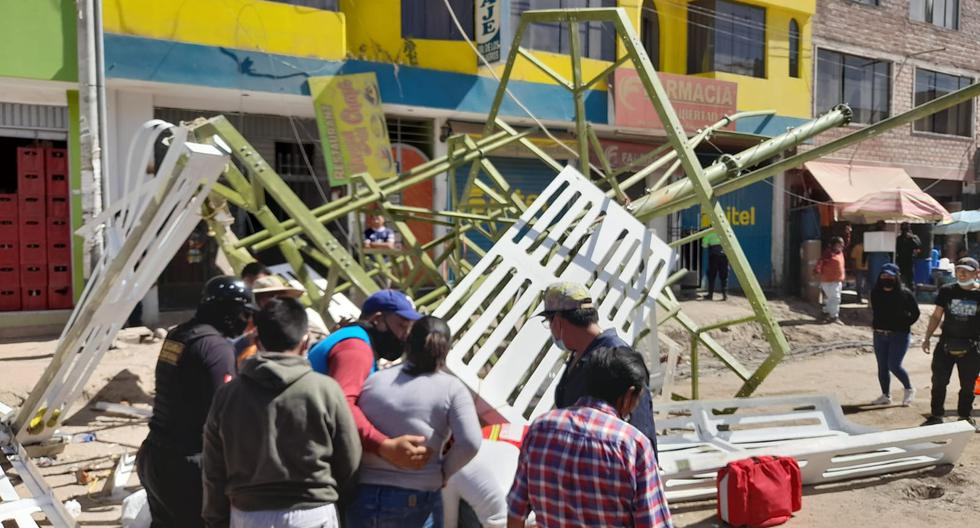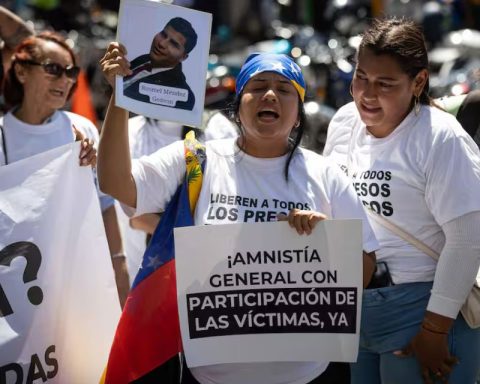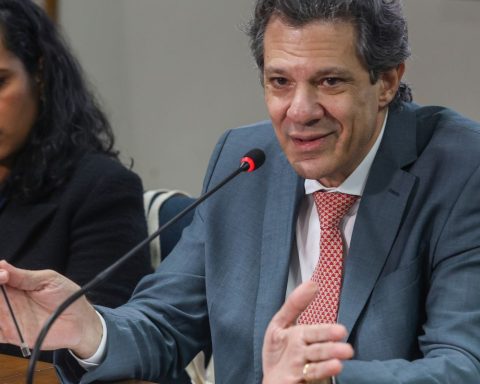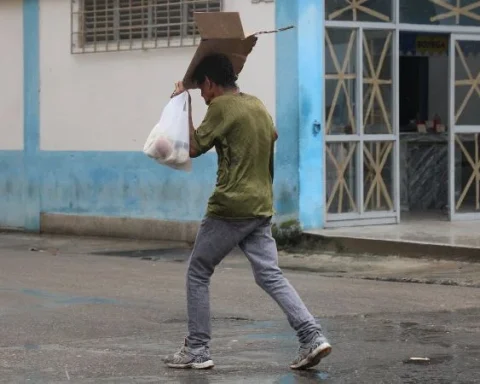The price of fish increased by 25% globally between December 2021 and last April, a trend that extends throughout the food system but is “very worrying” for the UN Food and Agriculture Organization (FAO).
“We are very concerned about this,” admitted the director of Fisheries and Aquaculture of the FAOManuel Barange, during the presentation of the organization’s SOFIA 2022 report, at the UN Oceans Conference taking place in Lisbon.
This rise in the price of fish is not “unusual” as it is affecting the entire food system, but the FAO he acknowledged that it puts “pressure on consumers around the world.”
“It is very important for us not only to produce in a sustainable and equitable way, but also in an affordable way,” defended Barange, who recalled that 3,000 million people, almost half of the world’s population, cannot afford a healthy diet.
And there is clear evidence that aquatic food is an important part of a healthy diet, so we must “ensure that production is affordable for all”.
For this, it is necessary to develop aquaculture at a “lower” cost, with “less intense” production needs, said the head of the FAOwho ruled out that the price increase could lead to more overfishing or illegal fishing.
“If management is good, it doesn’t put pressure on resources,” he said.
He gave examples: in the United States, 92% of the populations are under sustainable management; in New Zealand and Australia, 85% and 86%, respectively.
“Even here, in Portugal and on the north coast of Spain,” 86% is under sustainable management, he added.
“We have to ensure that we manage resources sustainably and then external effects will not matter,” he insisted.
The SOFIA 2022 report presented this Wednesday highlights that the growth of aquaculture has taken fishery and aquaculture production to record highs, and for this reason it is increasingly decisive in guaranteeing food security and ending hunger in the world.
The Spanish Minister of Agriculture, Fisheries and Food, Luis Planas, believes that this report is a “very timely” study that allows “knowing and analyzing” the state of world populations and trends in fishing and aquaculture on a global scale and regional.
For the minister, it is a “key” dossier to promote a “true” blue transformation, since its data “will facilitate making the best fisheries management decisions.”
In addition, “it allows us to verify that where management plans are established, the situation of fishing resources improves,” as indicated in a statement.
The Lisbon conference enters its halfway point today on a day marked by protests by NGOs and civil society to make governments and private actors aware of the need to take urgent measures.
